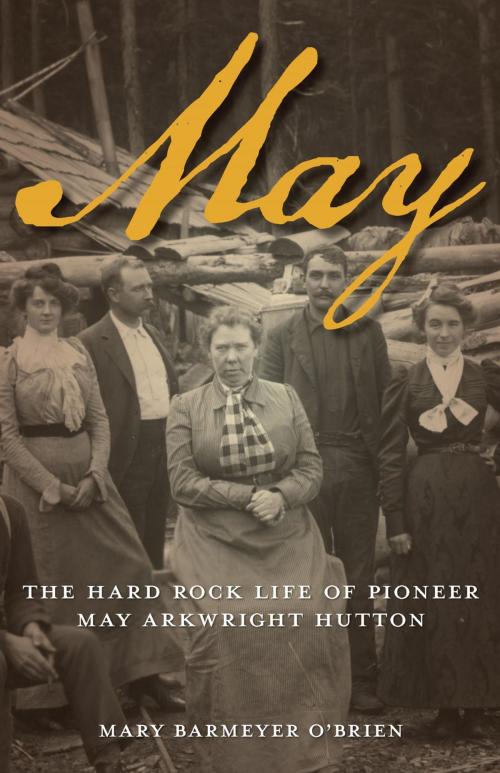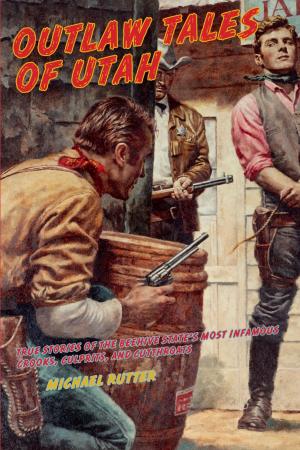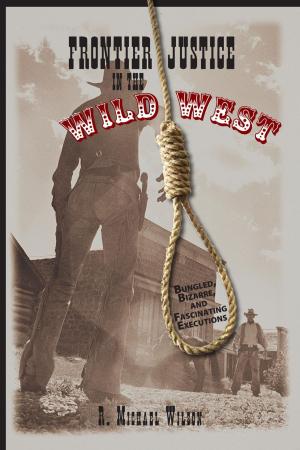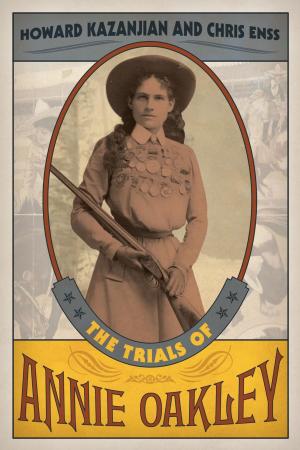May
The Hard-Rock Life of Pioneer May Arkwright Hutton
Nonfiction, History, Americas, United States, Fiction & Literature, Historical, Biography & Memoir| Author: | Mary Barmeyer O'Brien | ISBN: | 9780762797202 |
| Publisher: | TwoDot | Publication: | August 6, 2013 |
| Imprint: | TwoDot | Language: | English |
| Author: | Mary Barmeyer O'Brien |
| ISBN: | 9780762797202 |
| Publisher: | TwoDot |
| Publication: | August 6, 2013 |
| Imprint: | TwoDot |
| Language: | English |
An adventurous single woman who knew how to cook, twenty-three-year-old May Arkwright moved — alone — to the remote valleys of northern Idaho in 1883. She opened a one-table restaurant for the silver prospectors near Wallace, serving her homemade berry pies and hot dishes. Before long, she was a well-known part of the fledgling mining district.
May, a large, outspoken woman who favored low-cut, brightly colored dresses, scandalized the “proper” women of town. But her self-confidence and ease with people helped her make important friends among the miners, merchants, and railroad men who ate at her table. After she met and married local train engineer Al Hutton, the two invested in a mine upstream from Wallace. After several long years they struck it rich and moved to Spokane, where May spent the rest of her life working on philanthropic projects that still affect residents of the Pacific Northwest to this day. As related through the skilled storytelling of Mary Barmeyer O’Brien, this larger-than-life woman’s story adds a compelling new element to the history of the West.
An adventurous single woman who knew how to cook, twenty-three-year-old May Arkwright moved — alone — to the remote valleys of northern Idaho in 1883. She opened a one-table restaurant for the silver prospectors near Wallace, serving her homemade berry pies and hot dishes. Before long, she was a well-known part of the fledgling mining district.
May, a large, outspoken woman who favored low-cut, brightly colored dresses, scandalized the “proper” women of town. But her self-confidence and ease with people helped her make important friends among the miners, merchants, and railroad men who ate at her table. After she met and married local train engineer Al Hutton, the two invested in a mine upstream from Wallace. After several long years they struck it rich and moved to Spokane, where May spent the rest of her life working on philanthropic projects that still affect residents of the Pacific Northwest to this day. As related through the skilled storytelling of Mary Barmeyer O’Brien, this larger-than-life woman’s story adds a compelling new element to the history of the West.















